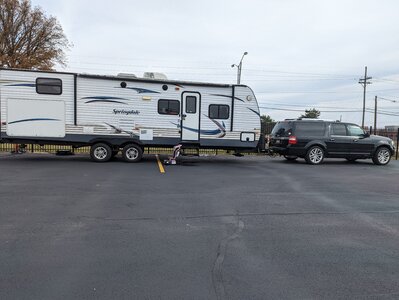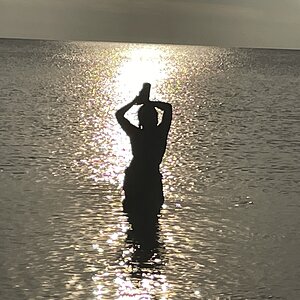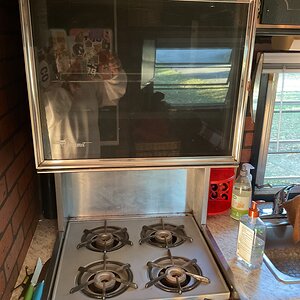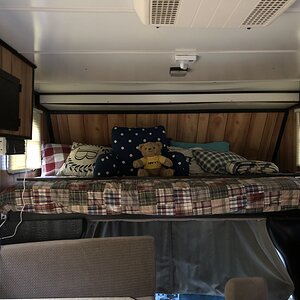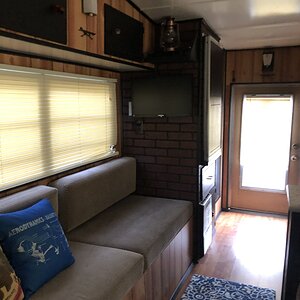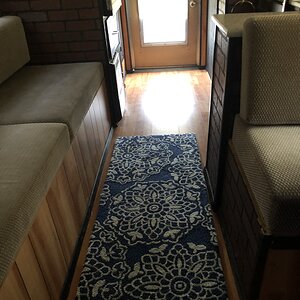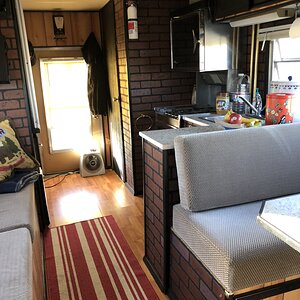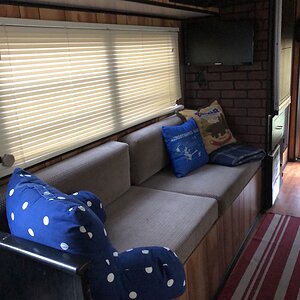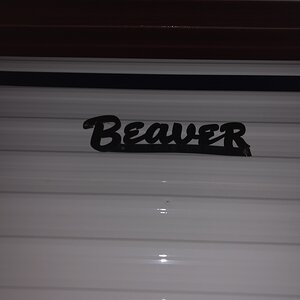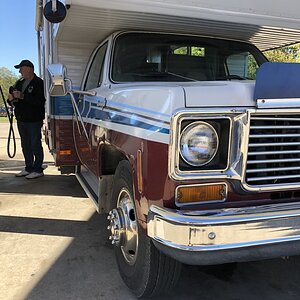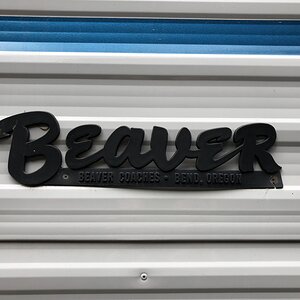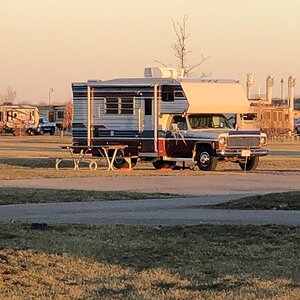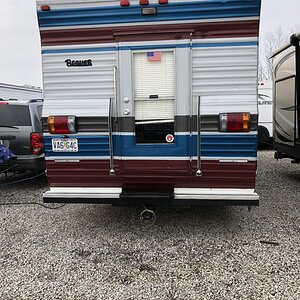jscottsmith
RVF Regular
- Joined
- Oct 15, 2022
- Messages
- 8
Currently pulling a 29 ft. Keystone bunkhouse from Michigan to Florida with an Expedition EL with factory heavy duty towing package. A couple of times we have run into some pretty severe porpoising. It doesn't really happen until 45 miles an hour and seems to improve slightly over 50mph.
We are new to trailering, so this is a first for us. The trailer has weight distribution bars on chains and a friction bar. My understanding is these are for sway and not bounce but there you have it.
Is this trailer issue? A vehicle issue? Maybe it's just the road we were on? Any thoughts as to what might be causing this?
thanks!!
We are new to trailering, so this is a first for us. The trailer has weight distribution bars on chains and a friction bar. My understanding is these are for sway and not bounce but there you have it.
Is this trailer issue? A vehicle issue? Maybe it's just the road we were on? Any thoughts as to what might be causing this?
thanks!!
